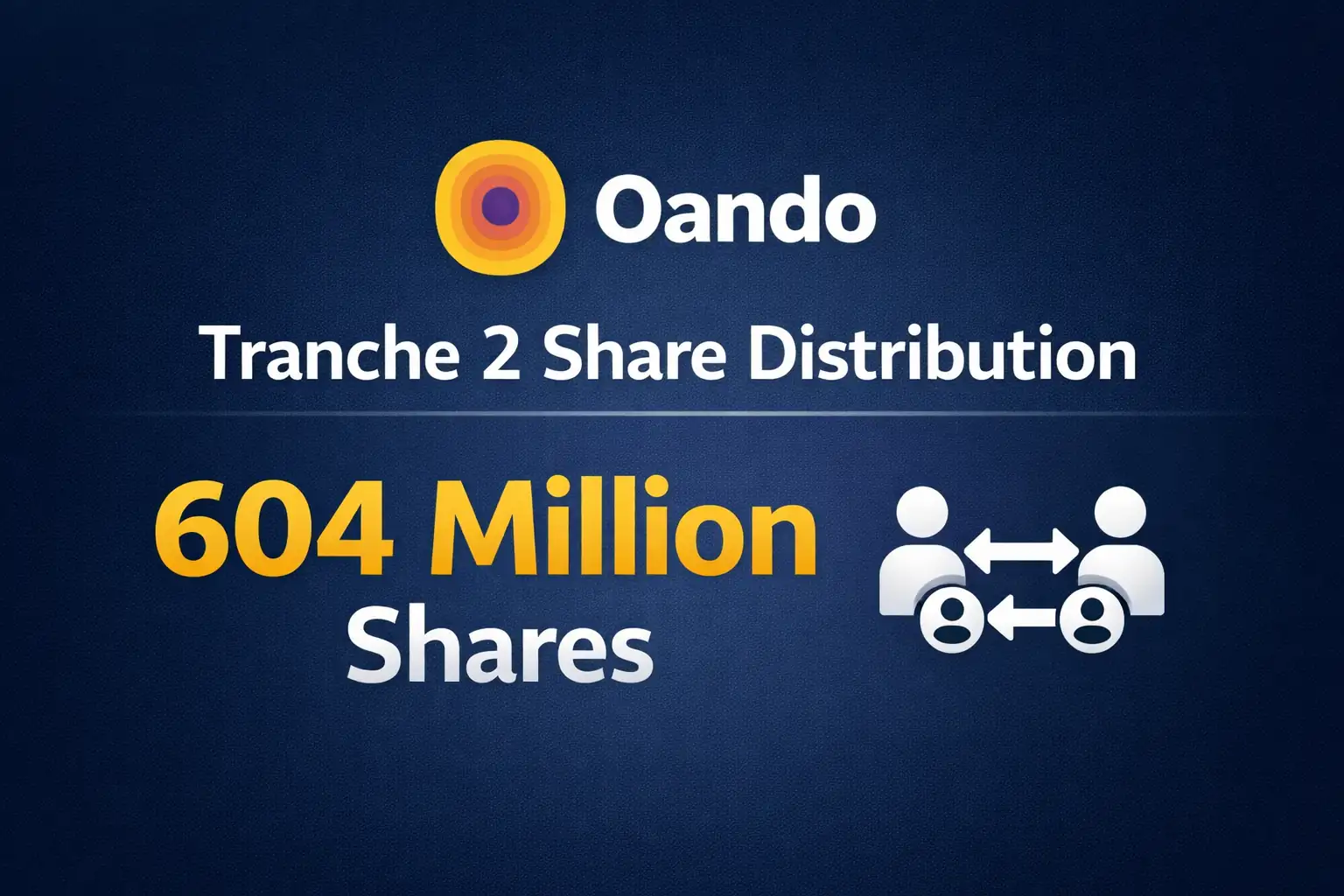In a strategic move to streamline its operations in China, Walmart has divested its entire stake in the Chinese e-commerce giant JD.com, marking the end of an eight-year investment. The sale, valued at approximately $3.74 billion, signals Walmart’s intention to intensify its focus on its own retail footprint in China, particularly its rapidly growing Sam’s Club warehouse chain.
The sale comes at a time when China’s once-booming e-commerce sector faces growing challenges, including shrinking margins, fierce price competition, and dampened consumer demand, according to a Reuters report.
For Walmart, the decision to sell its 5.19 per cent stake in JD.com, which had positioned it as the company’s largest shareholder, reflects a shift in strategy towards optimising its own assets in the Chinese market.
“This decision allows us to concentrate on strengthening Walmart China and expanding Sam’s Club, while reallocating capital to other strategic priorities,” Walmart said in a statement. Despite the divestiture, Walmart affirmed its commitment to maintaining a commercial relationship with JD.com, indicating that the companies will continue to collaborate in areas like data sharing.
The impact of Walmart’s exit was immediately felt in the market. JD.com’s shares tumbled over 10 per cent in both Hong Kong trading and U.S. after-hours markets, underscoring investor apprehension. The sell-off was exacerbated by broader concerns over the health of China’s retail sector, which has been hit by a downturn in consumer confidence linked to a sluggish property market and rising job insecurity.
JD.com responded by repurchasing $390 million worth of its own shares on Wednesday, part of a previously announced $3 billion buyback plan. The company had reported better-than-expected second-quarter earnings just a week earlier, driven by a low-price strategy aimed at capturing market share amid fierce competition from rivals like Alibaba and Pinduoduo.
A Strategic Shift with Ongoing Collaboration
Walmart’s stake sale, conducted through a fully subscribed placement, saw shares priced at a discount of up to 11.8 per cent from JD.com’s last closing price of $28.19. The offering was managed by Morgan Stanley, though the bank declined to comment on the transaction.
Despite this significant shift in ownership, industry analysts believe the strategic partnership between Walmart and JD.com is likely to endure, particularly in areas of mutual benefit such as logistics and data analytics. Jeffrey Towson, a partner at TechMoat Consulting in Beijing, noted that while the sale allows Walmart to raise capital and JD.com to focus on its core business, the collaboration could continue in various forms.
Walmart’s decision to pivot towards expanding its own operations in China appears well-timed. The company reported a 17.7 per cent year-on-year increase in revenue from its China division in the second quarter, totalling $4.6 billion. This growth was driven by the strong performance of its Sam’s Club stores and digital initiatives.
The partnership between Walmart and JD.com dates back to 2016, when Walmart sold its Chinese online grocery platform, Yihaodian, to JD.com in exchange for a stake in the company. While the divestiture marks the end of this investment chapter, both companies have indicated a willingness to continue their commercial relationship, leveraging each other’s strengths in the competitive Chinese market.


























